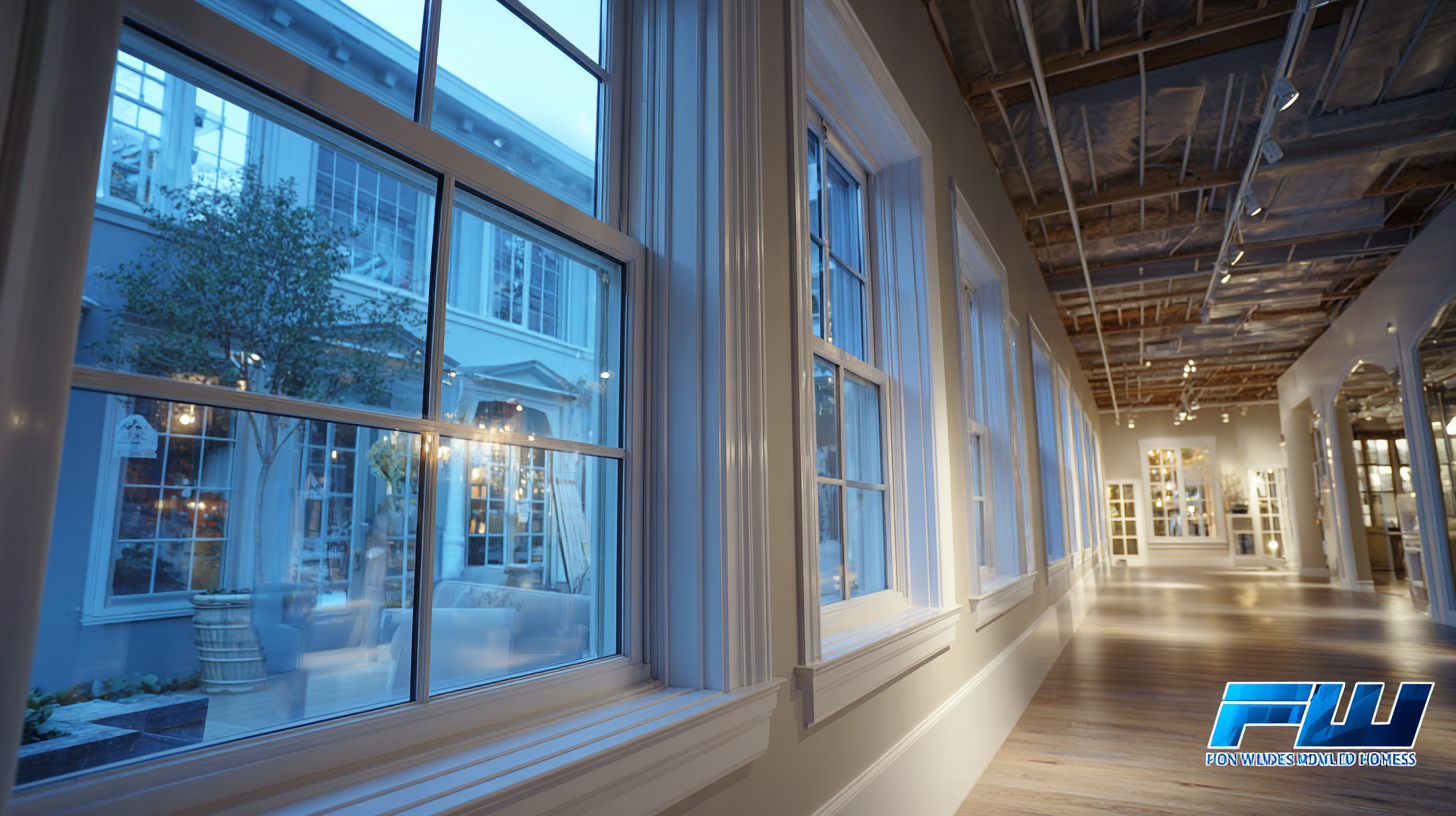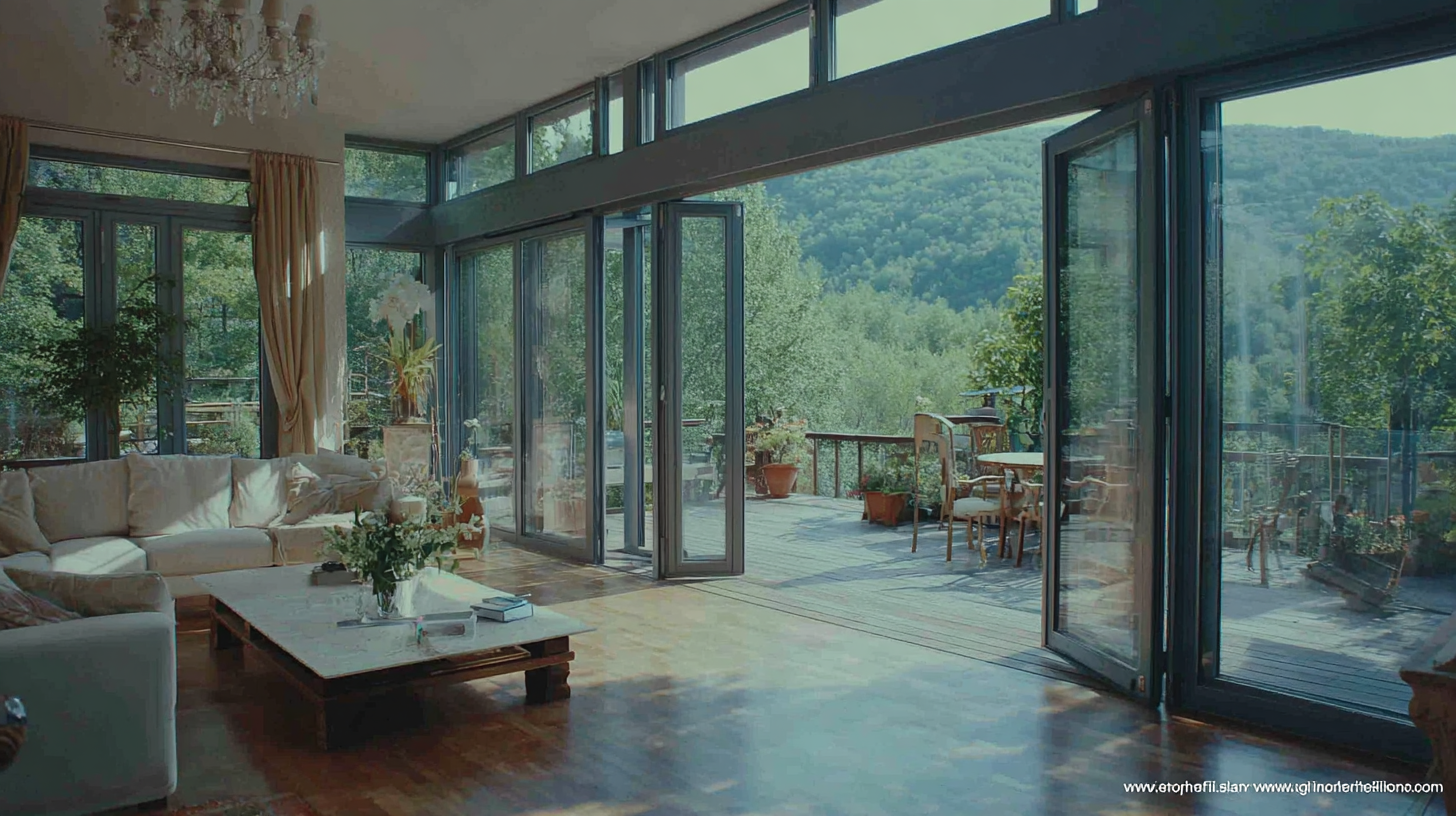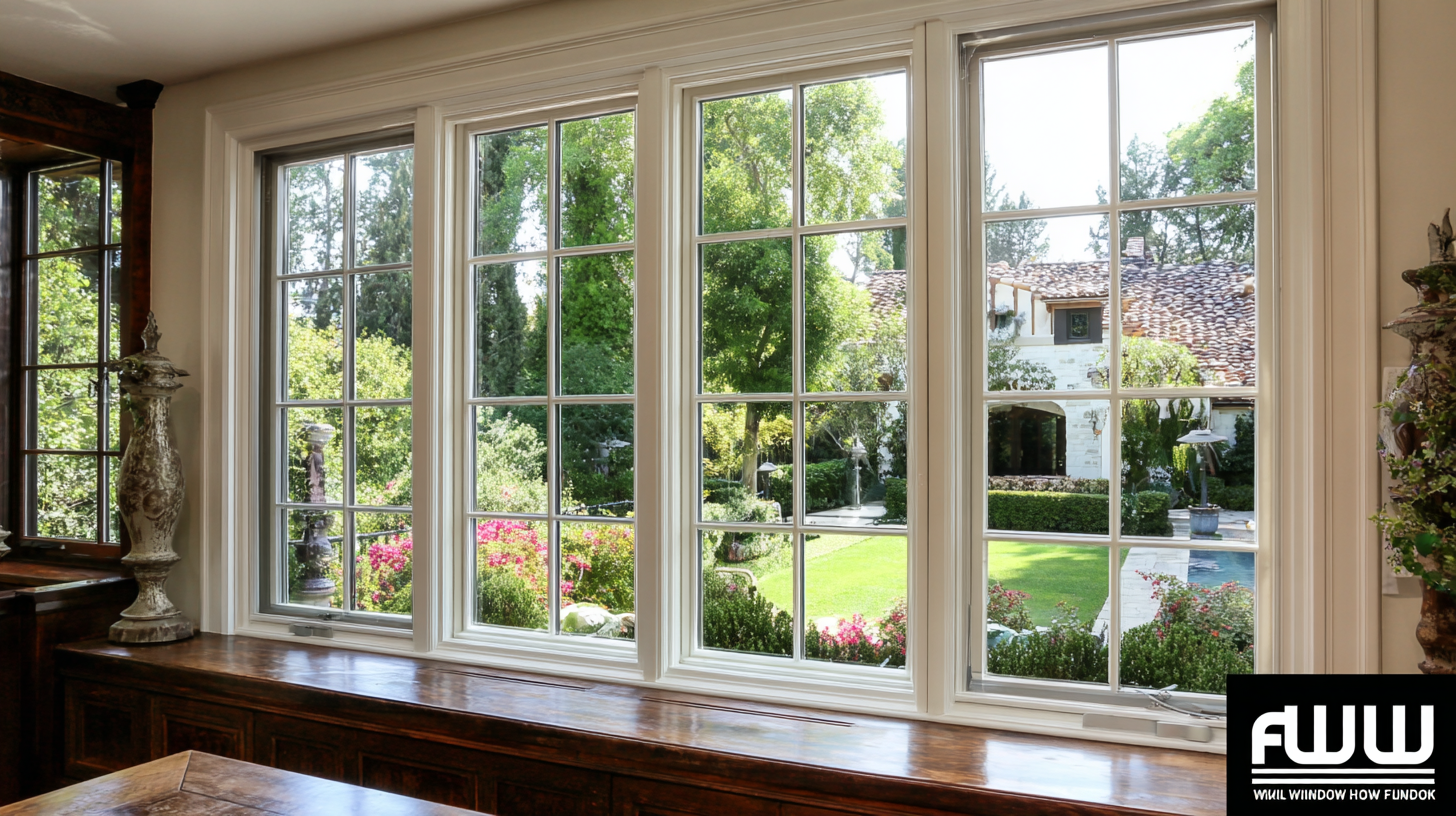
- English
- Español
- Português
- русский
- Français
- 日本語
- Deutsch
- tiếng Việt
- Italiano
- Nederlands
- ภาษาไทย
- Polski
- 한국어
- Svenska
- magyar
- Malay
- বাংলা ভাষার
- Dansk
- Suomi
- हिन्दी
- Pilipino
- Türkçe
- Gaeilge
- العربية
- Indonesia
- Norsk
- تمل
- český
- ελληνικά
- український
- Javanese
- فارسی
- தமிழ்
- తెలుగు
- नेपाली
- Burmese
- български
- ລາວ
- Latine
- Қазақша
- Euskal
- Azərbaycan
- Slovenský jazyk
- Македонски
- Lietuvos
- Eesti Keel
- Română
- Slovenski

Solutions for Choosing the Best Aluminum Windows for Your Home
When it comes to enhancing the aesthetic appeal and energy efficiency of your home, the selection of the right windows plays a crucial role. Aluminum windows have surged in popularity over the past few years, thanks to their remarkable durability, low maintenance requirements, and modern appeal. According to a report by the Freedonia Group, the demand for aluminum windows is projected to reach $7.7 billion by 2025, highlighting a robust preference among homeowners and builders for this material. Additionally, studies by the Energy Information Administration show that high-performance aluminum windows can significantly reduce heating and cooling costs, making them an economically viable option. As homeowners seek sustainable solutions that combine functionality with style, understanding the benefits of aluminum windows becomes imperative in making an informed choice for your home improvement project.

Understanding Aluminum Window Certifications and Standards
When it comes to selecting aluminum windows for your home, understanding the certifications and standards is crucial to ensure you make the best choice. Aluminum windows often come with various performance ratings, which are indications of how well the window will perform in terms of energy efficiency, durability, and resistance to the elements. Look for certifications from authoritative organizations such as the American Architectural Manufacturers Association (AAMA) or the National Fenestration Rating Council (NFRC). These certifications signify that the products have undergone rigorous testing to meet specified standards, providing you with peace of mind regarding their quality and performance.

Moreover, pay attention to materials and manufacturing standards. Windows made from recycled aluminum not only support sustainability but also tend to meet heightened standards for energy efficiency. The presence of Energy Star labels is another key factor to consider, as it signifies compliance with energy performance guidelines set by the U.S. Environmental Protection Agency. By choosing aluminum windows that are backed by credible certifications and adheres to high industry standards, you ensure that your investment enhances your home's aesthetics while maximizing energy savings and longevity.
Key Factors to Consider When Selecting Aluminum Windows
When selecting aluminum windows for your home, understanding the market's dynamics is crucial. The global aluminum window market was valued at approximately $12.895 billion in 2023 and is projected to grow significantly, reaching $17.26054 billion by 2032. This growth trend signifies the increasing popularity of aluminum windows due to their durability, energy efficiency, and aesthetic appeal.
Key factors to consider when choosing aluminum windows include material quality, thermal performance, and design flexibility. High-quality aluminum frames can enhance the longevity and resilience of your windows, while options that incorporate advanced thermal break technology can significantly reduce energy costs.
Furthermore, with a plethora of styles available, homeowners can customize the look of their windows to complement their property's architecture. As the demand for sustainable and energy-efficient solutions rises, making informed decisions based on market trends and product features will ensure you choose the best aluminum windows for your home.
Top 5 Styles of Aluminum Windows for Modern Homes
When it comes to selecting aluminum windows for modern homes, style and functionality play crucial roles. Here are the top five styles that not only enhance aesthetic appeal but also boost energy efficiency.

First on the list is the sleek casement window, which opens outward with a hinge on the side. This design offers excellent ventilation and unobstructed views. To ensure maximum performance, consider choosing double-glazed units that provide insulation against heat loss.
Another popular option is the sliding window, perfect for spaces where traditional windows might be impractical. They glide effortlessly along a track, making them ideal for smaller areas. When opting for sliding windows, look for those with heavy-duty frames and secure locking mechanisms for safety.
Lastly, consider the aesthetic of awning windows, which open outward from the bottom. These are trendy for their ability to let in fresh air while keeping rain out, making them perfect for wet climates. Ensure the materials are weather-resistant and check for corrosion resistance when selecting aluminum frames.
When selecting any style, remember to assess the quality of the finish and the thermal performance characteristics. Choosing high-quality aluminum windows can significantly enhance your home's curb appeal while providing long-lasting functionality.
The Impact of Digital Technologies on Window Quality and Efficiency
As the demand for energy-efficient homes grows, the impact of digital technologies on window quality and efficiency becomes increasingly significant. Recent studies indicate that aluminum windows, enhanced through advanced manufacturing techniques, can achieve thermal efficiency ratings up to 0.26 U-value. This efficiency not only helps to reduce heating and cooling costs but also improves overall home comfort levels. Incorporating technology such as thermal break systems and low-emissivity (Low-E) coatings further elevates the performance of aluminum windows, providing homeowners with the best of both durability and energy efficiency.
Moreover, automation in window production harnesses data analytics and machine learning, leading to higher precision in manufacturing processes. According to a report by the National Association of Home Builders, homes equipped with technologically advanced windows can lower energy usage by 10-30%, which translates to significant savings over time. The integration of smart technology also allows for real-time monitoring of window performance, enabling homeowners to make informed decisions regarding maintenance and upgrades. By choosing the right aluminum windows fortified by these innovations, homeowners can significantly enhance their property's sustainability and operational efficiency.
Navigating Import and Export Regulations for Aluminum Windows
When considering aluminum windows for your home, understanding import and export regulations is essential to ensure a smooth procurement process. Different countries have specific regulations governing aluminum materials that can affect sourcing decisions. It is crucial to familiarize yourself with customs tariffs, import duties, and any potential restrictions based on the origin of the aluminum. Failure to comply with these regulations can lead to significant delays or additional costs in your project.
Additionally, taking the time to research local suppliers who are well-versed in these regulations can provide significant advantages. Not only can they help navigate the complexities of importing materials, but they can also offer guidance on sustainable sourcing practices. This is especially important as environmental regulations become increasingly stringent worldwide. By collaborating with knowledgeable suppliers, you can ensure that your choice of aluminum windows aligns with both compliant trade practices and your commitment to sustainability.